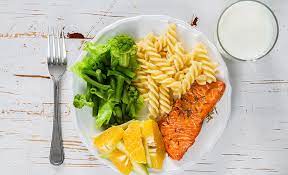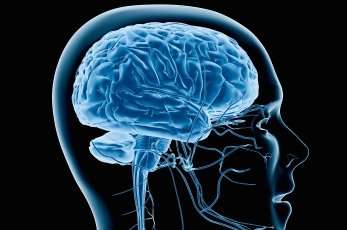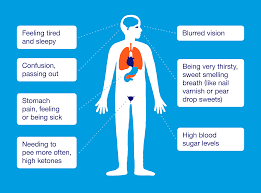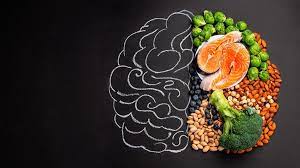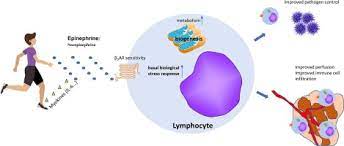Posts Tagged ‘corporate wellness’
Portions: We Can Be Happy with Less
by Matthew Kadey, MS, RD Ballooning portion sizes are considered a major player in the startling rise in obesity rates in recent decades, but current research points to evidence that we can turn this around. A study in the April edition of The American Journal of Clinical Nutrition showed that exposure to smaller food portions can recalibrate people’s…
Read MoreHip Exercises For Women To Get Sexy and Slimmer Hips
Looking to slim down and tone your hips? Try this routine for hip exercises that will get you sexy and slimmer hips. Perform each exercise one after the other completing 20-25 repetitions per exercise. Build up to going through the circuit 2 times. LYING HIP ABDUCTION Lie on your side with the bottom leg bent…
Read MoreFunctional Training for Active, Independent Living
by Shirley Archer, JD, MA Healthy aging is more than the absence of disease, according to the World Health Organization: “For most older people, the maintenance of functional ability has the highest importance” (WHO 2015). Colin Milner, founder and CEO of the International Council on Active Aging in Vancouver, British Columbia, echoes that statement: “When looking…
Read MoreExercise and Improved Cognition
A new study by a Massachusetts General Hospital research team found that exercise is one of the best ways to turn on neurogenesis, the process of producing new neurons. Neurogenesis takes place in the hippocampus and striatum and is essential to learning and memory. Because beneficial effects on cognition are often blocked in patients with Alzheimer’s disease…
Read MoreThe Anti-Diet: Intuitive Eating
by Kirsten Ackerman, MS, RDN Intuitive eating encourages internal regulation of the eating experience (REF). Unlike many traditional diets, intuitive eating encourages people to listen to and honor their internal cues for hunger and fullness. It also discourages food judgments that some foods are “good” and others are “bad.” Rather than having people try to override…
Read MoreEating a Better Breakfast
The alarm rings and you press “snooze” one time too many. By the time you roll out of bed, you think it’s too late for breakfast, so you don’t eat. While some people do skip breakfast on a regular basis, it’s not a good idea. The potential perils include a more sluggish metabolism as the…
Read MoreSurprising News on Diabetic Symptoms
Research published online in The Journals of Gerontology turned up some unexpected findings about type 2 diabetes. Just 2 weeks without much activity can have a dramatic impact on health, according to researchers who studied overweight older adults at risk of developing type 2 diabetes. And unfortunately, it may be difficult to recover from this negative effect.…
Read MoreCoQ10 Benefits Inflammation
Many metabolic diseases can be attributed to chronic inflammation. The effect of Coenzyme Q10 (CoQ10, ubiquinone-10) on inflammatory markers in patients with metabolic disease has recently been evaluated. CoQ10 is a compound produced by the body and stored in the cell’s mitochondria. It not only acts as a key cofactor in the mitochondrial electron transport system, it…
Read MoreB’S and Omega-3’S: Better Together For Brain Health
Too often, we look at the physiological effect of different nutrients in isolation, however, more and more research is uncovering the synergistic benefits of nutrients in combination. Take omega-3s and B vitamins, for example. An unlikely pair, they have been shown to work better together when examining brain health and cognition. Research has already determined that B…
Read MoreExercise May Prevent Stress-induced Immunosuppression
By Yi Sun, Ph.D., and Jeffrey A. Woods, Ph.D., FACSM Vaccination is one of the most successful public health interventions to prevent infectious diseases and reduce the associated mortality and morbidity rates. However, chronically stressful situations can reduce the immune responses to vaccination and lead to decreased vaccine efficacy. Physical activity is known to be…
Read More
